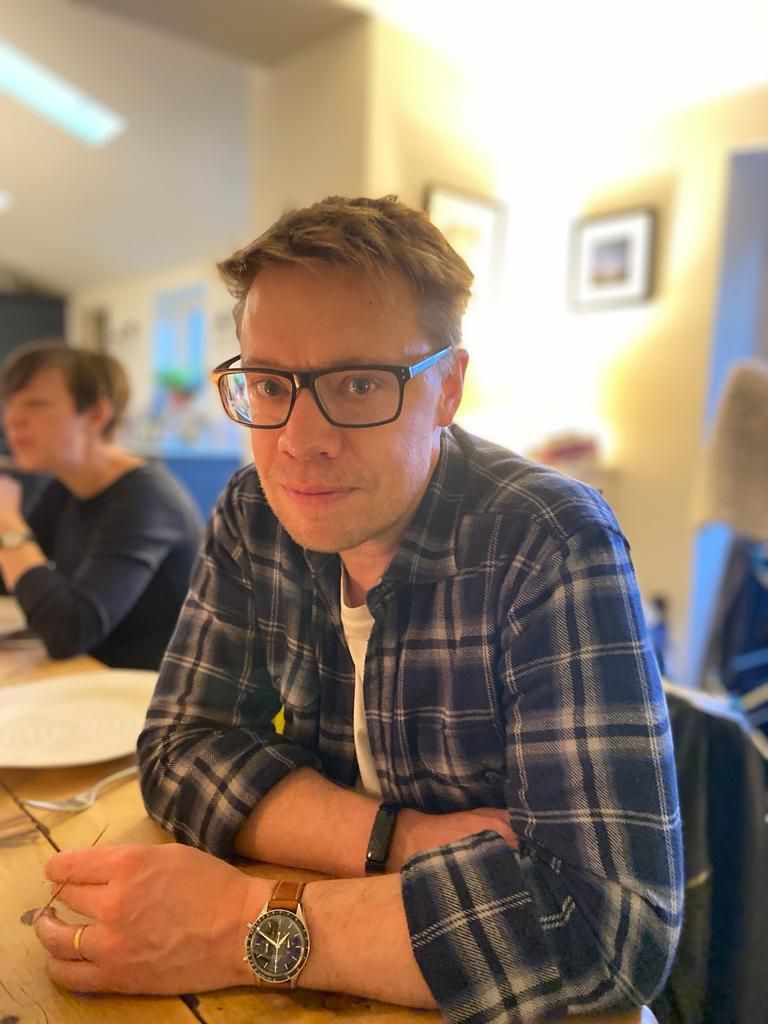Alex Evans is founder and executive director of Larger Us, which explores ways of driving change in the world that bridge political divides rather than deepening them, in particular through applying psychology to politics and change-making.
He is the author of “The Myth Gap: What Happens When Evidence and Arguments Aren’t Enough?” (Penguin, 2017), which focuses on the power of collective stories to unlock political change.
Until March 2018, Alex was a campaign director at Avaaz, the global citizens’ movement, where he led campaigns on areas like Brexit, tax havens, and human rights in Turkey and Yemen.
Alex has been a fellow at the NYU Center on International Cooperation since 2006 and has twice been seconded to the UN Secretary-General’s office (once as part of the team that organised the first head of government level climate summit, and then again as the writer for the 2010 UN High-level Panel on Global Sustainability).
He has also worked as special adviser to two UK Secretaries of State for International Development, and as research director for the 2017 Business Commission on Sustainable Development.
